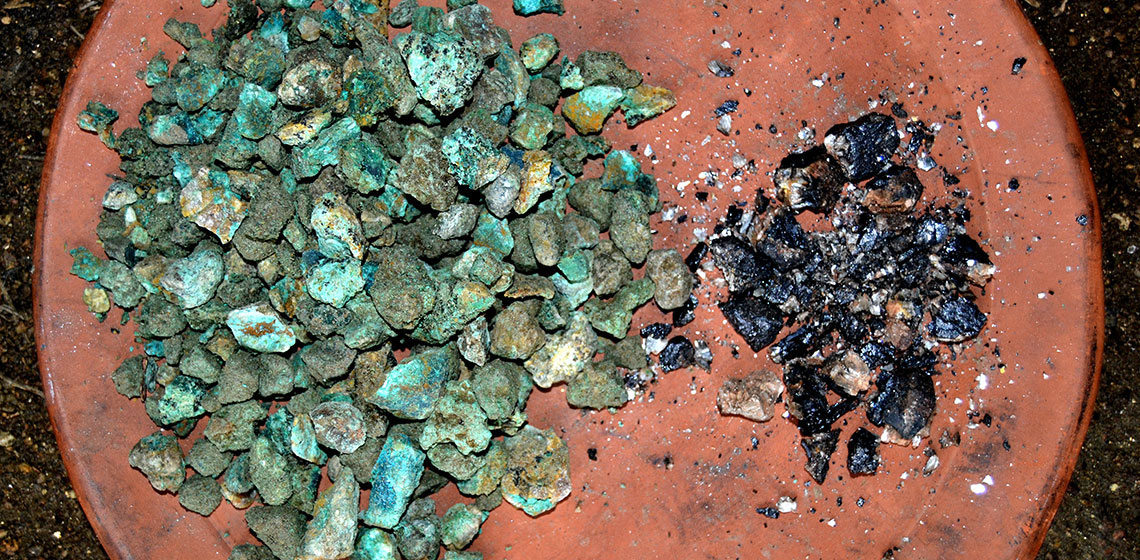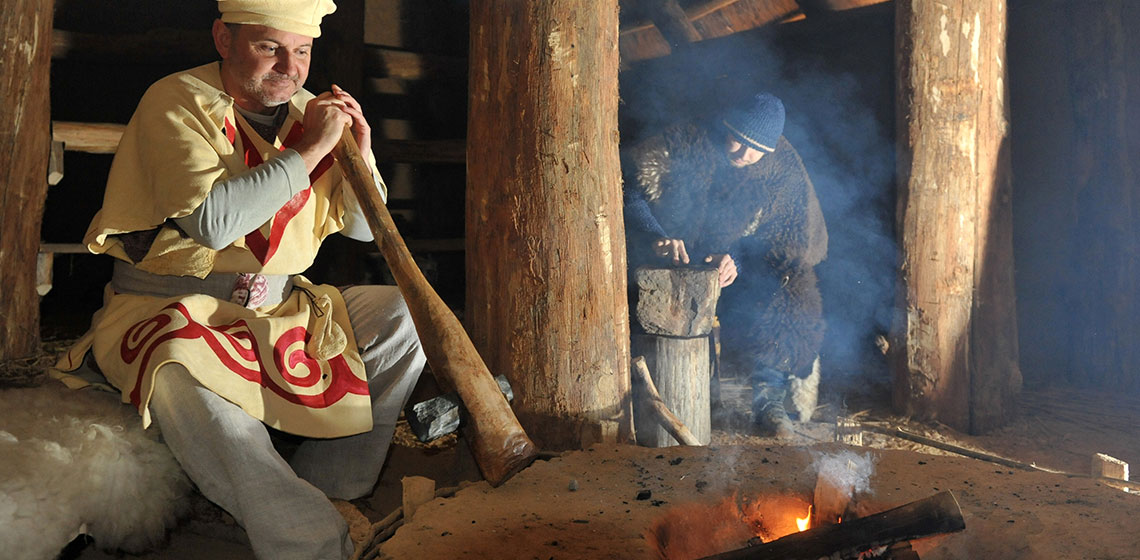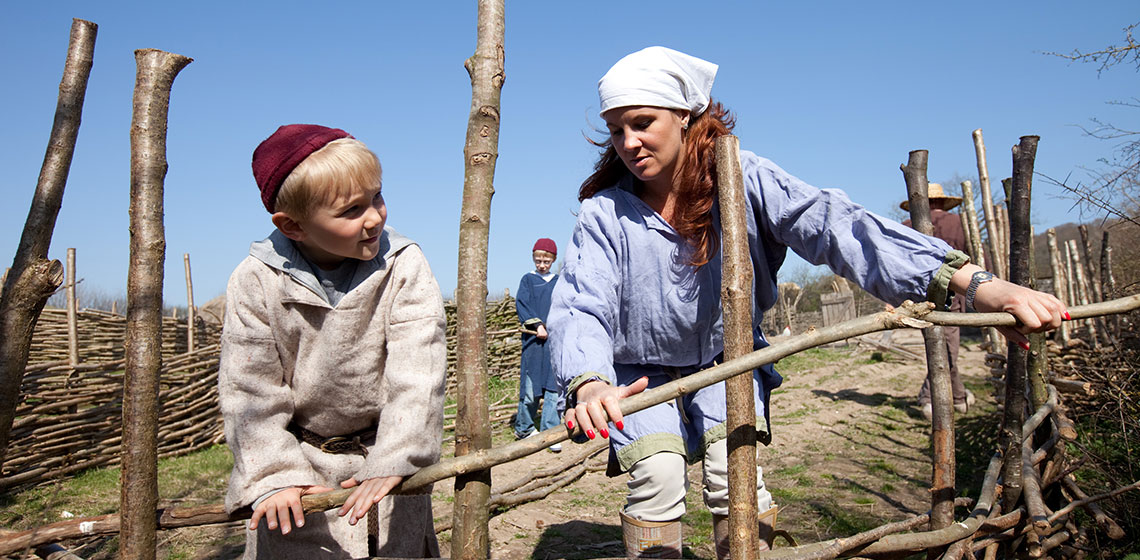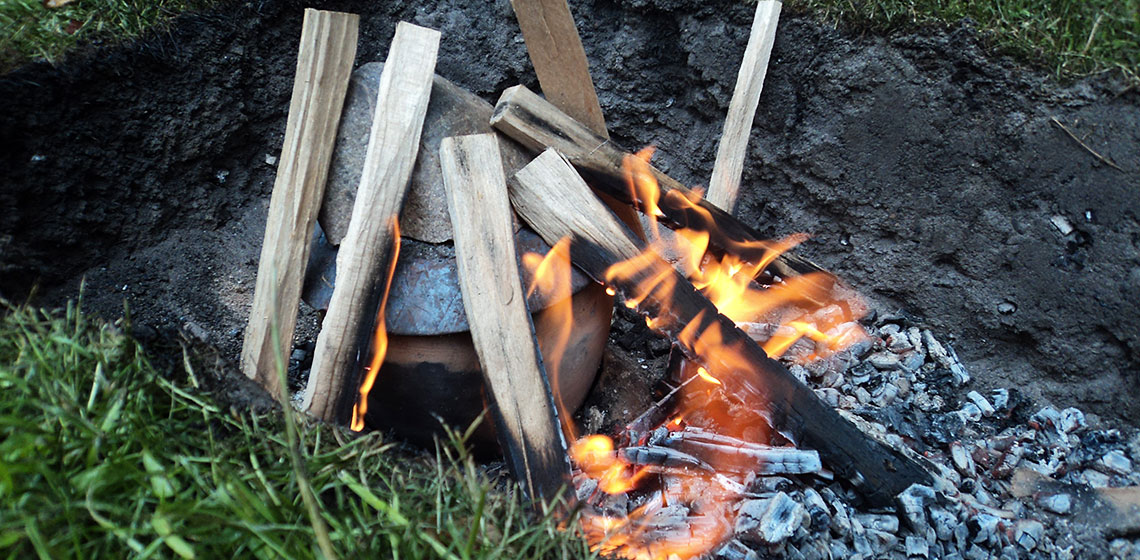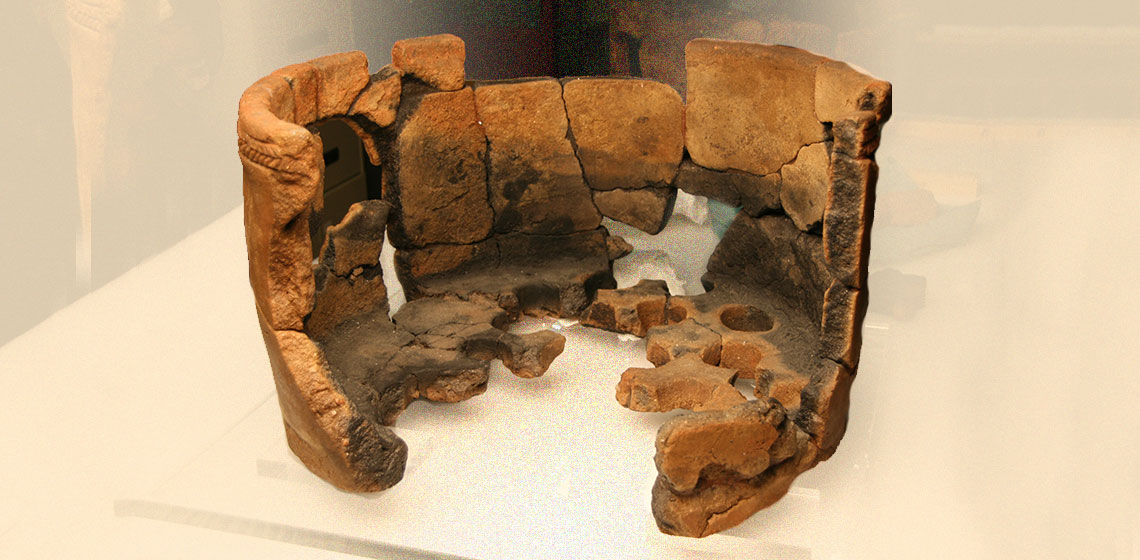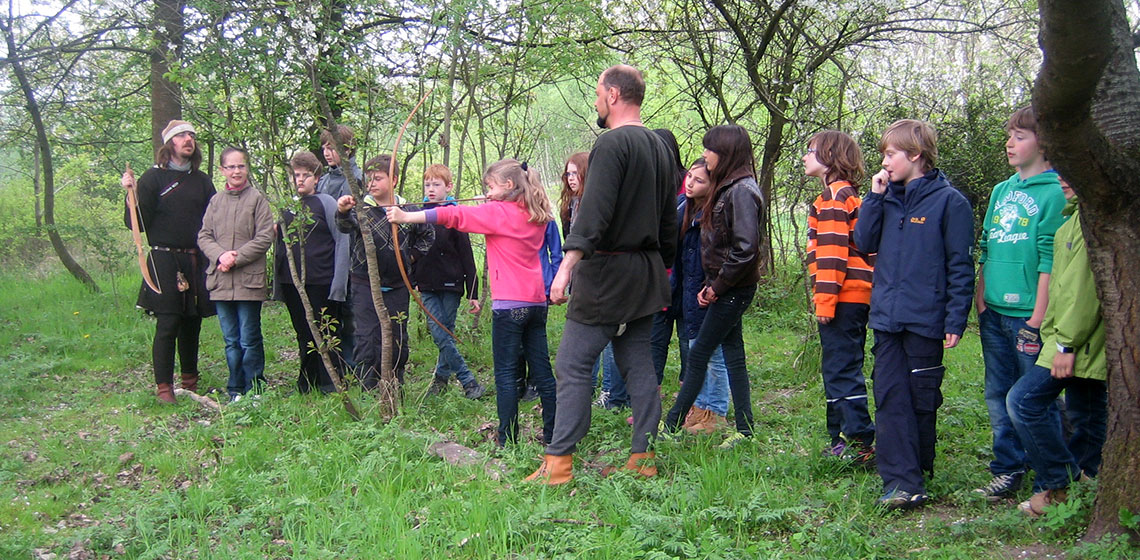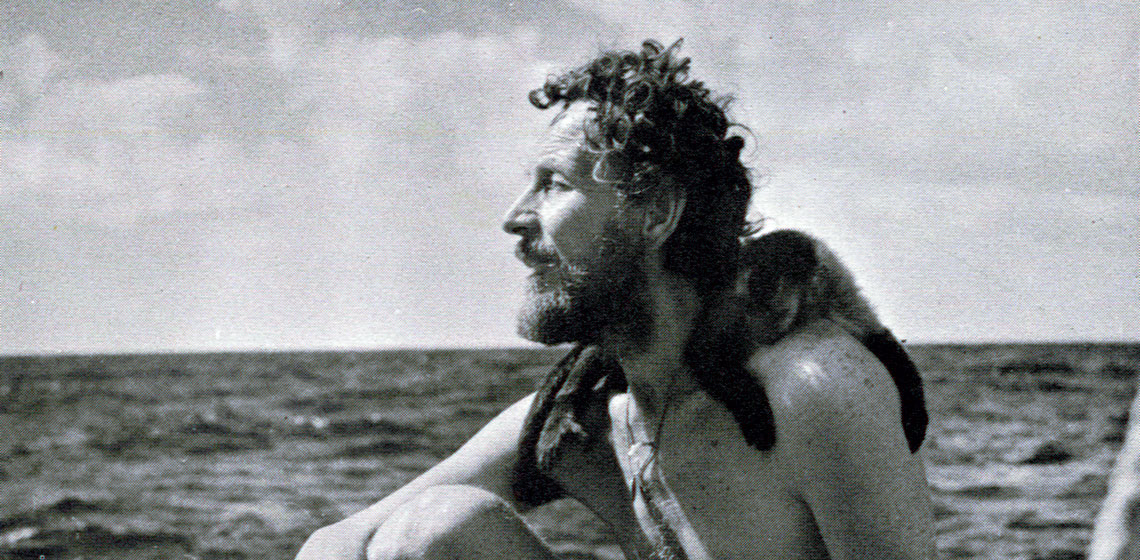experience
Discussion: Inclusivity in historical interpretation: Who has access and who is erased?
Publication Date
The discussion of ‘authenticity’ in living history has been one of the main themes since the conception of contemporary historical interpretation. Our quest for authenticity should, in my opinion start with a thoughtful discussion: What goal do we want to reach through living history?...
Learning to Recreate, Recreating to Learn. Experimental Archaeology
Publication Date
10th EAC Leiden 2017
***This paper aims to present and discuss ongoing activities that combine Experimental Archaeology and Ethnoarchaeology developed in the scope of a master's degree, a post-doctoral and other research projects at the University of Vigo (Galicia, Spain), in collaboration with regional open-air museums and educational centres...
***This paper aims to present and discuss ongoing activities that combine Experimental Archaeology and Ethnoarchaeology developed in the scope of a master's degree, a post-doctoral and other research projects at the University of Vigo (Galicia, Spain), in collaboration with regional open-air museums and educational centres...
“Days of Living Archaeology” at the Prehistoric Archaeopark Vsestary, Czech Republic
Publication Date
Until recently, the presentation of archaeology in the Czech Republic was solely connected to classic museum exhibitions. Unfortunately, not all museums have archaeological exhibitions. For example, the National Museum in Prague currently does not have any, not even temporary, archaeological exhibition due to the reconstruction of the historical building...
Playing with the Past? Or Saving Our Future?
Publication Date
As the manager of the Ancient Technology Centre (ATC) in Dorset, England, like many of you, I consider regularly what it is that we actually do. What services do we provide? How are we regarded by the public, by the education sector, by the children we teach, and by those who pay to come through our doors.
Discussion: Experimental versus Experiential Archaeology
Publication Date
This is an extract from a lengthy and lively Facebook discussion in the Experimental Archaeology group, illustrating the main points as it took place between 16 August 2014 and 22 August 2014. The full discussion can be found at: www.facebook.com/groups/experimentalarchaeology
The Registry of Memory Process Applied to Experimental Archaeology in a Castromao “Oven”
Publication Date
7th UK EA Conference Cardiff 2013
***Memory is the cognitive process that codifies, stores and retrieves past actions that are perceived in the present, generating our remembrances and perceptions of the past and informing our knowledge of the world around us (...) Applied to archaeology, memory can be understood as the marks or...
***Memory is the cognitive process that codifies, stores and retrieves past actions that are perceived in the present, generating our remembrances and perceptions of the past and informing our knowledge of the world around us (...) Applied to archaeology, memory can be understood as the marks or...
A Playground Amongst Museums - The Bauspielplatz: from an Open-air Youth Centre to a History Experience Site - an Unusual Development
Publication Date
Being a Bauspielplatz [adventure playground] usually means that children have a place to meet, play, be creative, get in contact with animals and nature and even do ‘dangerous’ things - with some pedagogical guidance. It is part of local social work, similar to a youth centre...
The Theory of the Archaeological Raft: Motivation, Method, and Madness in Experimental Archaeology
Publication Date
Between 1947 and 2006, nearly forty expeditions set out in recreated maritime drift vessels to demonstrate hypotheses with varying levels of relevance to archaeology and cultural diffusion. This paper divides the motivations of these expeditions into four major categories...


